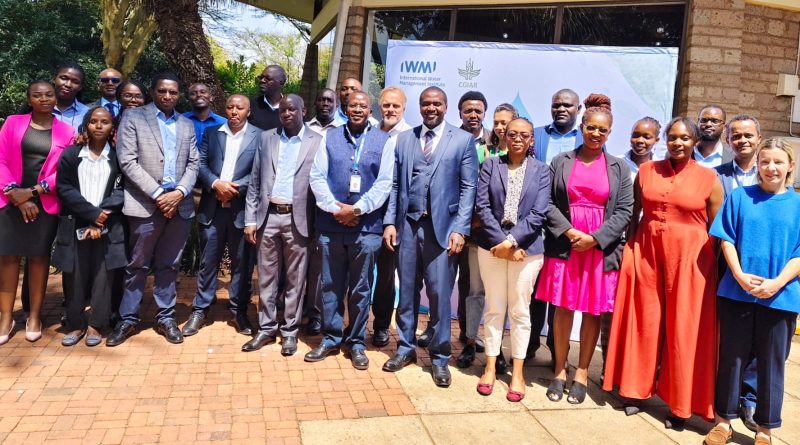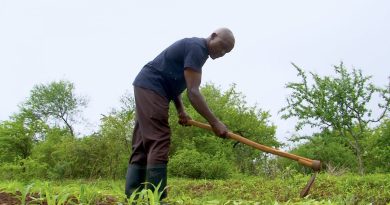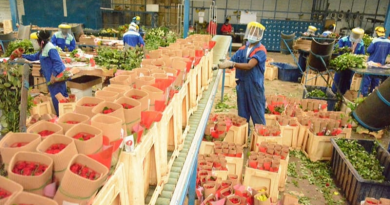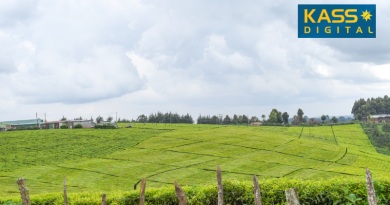East Africa Taps Solar Tech to Build Climate-Resilient Food Systems
Amid rising climate and energy challenges, a ray of hope shines for smallholder farmers in Kenya and across East Africa .The region’s abundant solar power, is set to transform the Agriculture sector.
A new initiative to boost food security using solar energy has been launched in Nairobi, Kenya.The Solar Energy for Agricultural Resilience (SoLAR) Phase II project,is a systems-based approach led by the International Water Management Institute (IWMI), with support from the Swiss Agency for Development and Cooperation (SDC), is designed to unleash the full potential of solar technology for the region’s food.
Dr. Inga Jacobs-Mata, Director of Water, Growth and Inclusion at IWMI, stated, “Solar energy has the potential to transform food systems. Through SoLAR II, we will work hand-in-hand with governments, private sector actors and communities to create the enabling environment that will allow these technologies to thrive at scale.”
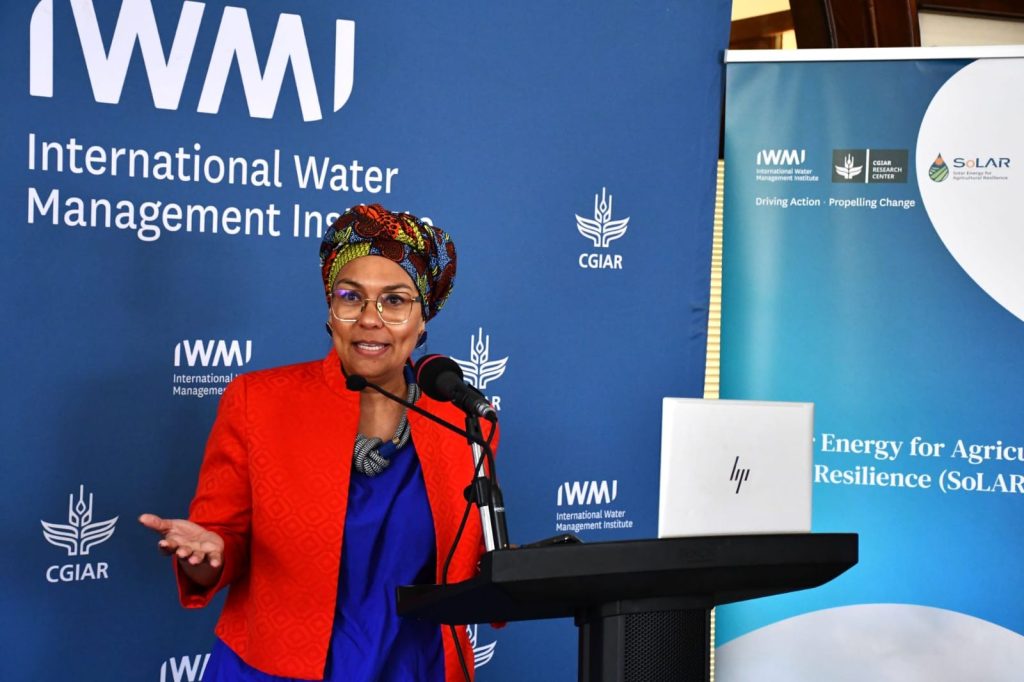
This holistic approach means the sun’s energy isn’t just saving water,it’s saving profits, reducing food waste, and creating new streams of income for entire communities. She Said
Speaking during the launch,Kenya’s Irrigation Secretary, Eng. Vincent Kabuti, pointed out that only a fraction of the nation’s 3.3 million-acre potential is currently irrigated.What is needed is coordinated action to bridge policy gaps,expand financing options and raise awareness among farmers, he added
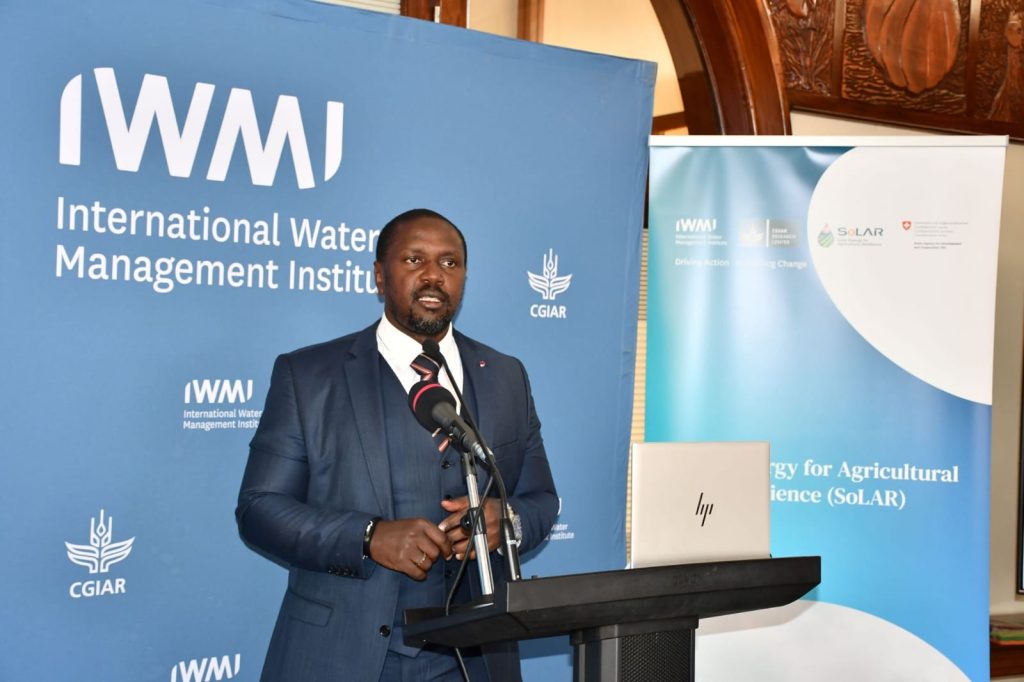
The program’s unique angle is the push for Productive Uses of Renewable Energy (PURE)to power cold storage units,Power efficient dryers and Fuel milling and agro-processing equipment .
Muluken Elias Adamseged, Deputy Country Representative at IWMI in Ethiopia, highlighted that East Africa’s agriculture faces climate and energy challenges, but that abundant solar resources offer a transformative solution.He said, the project is inclusive and will include marginalized groups like women and marginalized farmers.
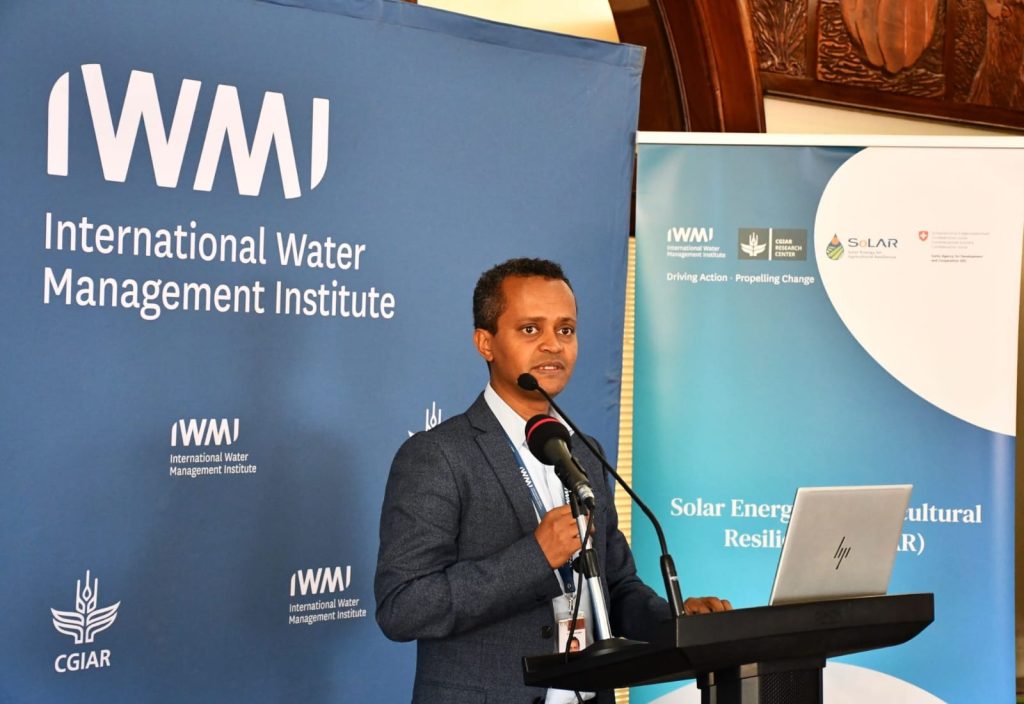
Kenya and Ethiopia are the two new focal countries because of abundant solar resources .
The inception workshop brought together senior government officials, private sector leads, farmerrepresentatives, development partners, researchers, financiers and civil society.

